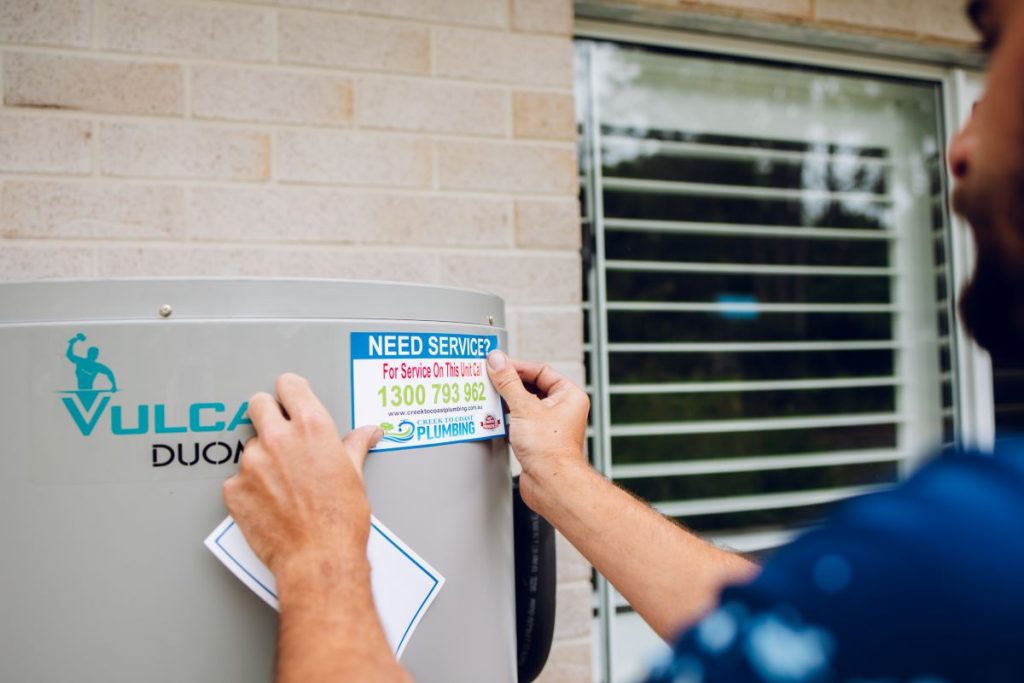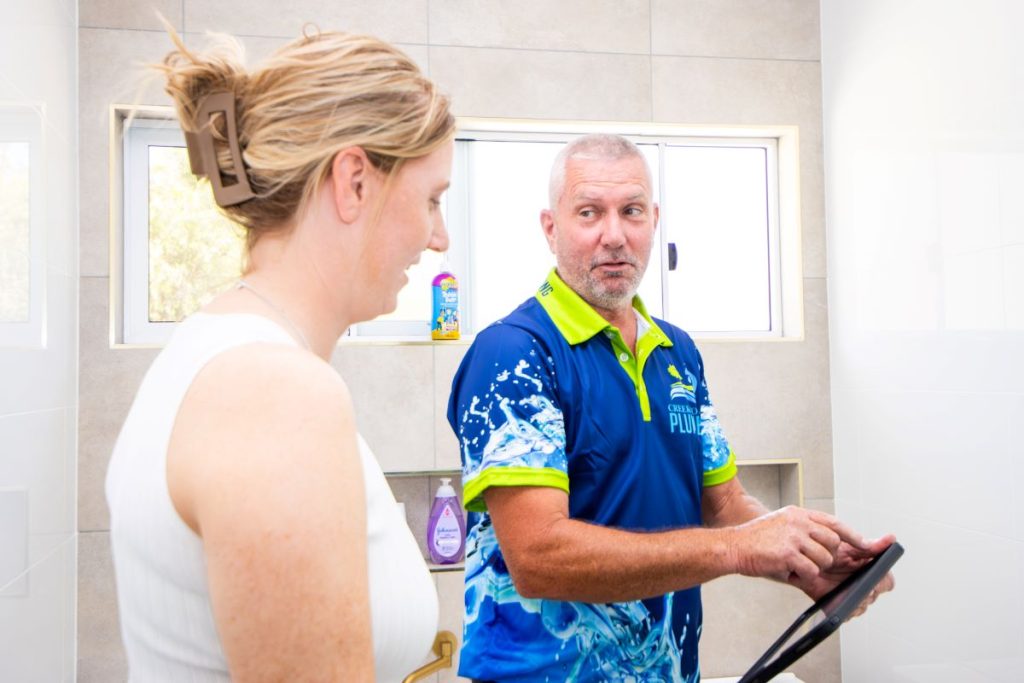Hot water systems play a crucial role in modern living, diligently working behind the scenes to provide you with ready access to hot water whenever you need it. Like all household appliances, these systems have a finite operational lifespan. Recognizing the signs that signal it’s time for a replacement is vital to prevent unpleasant experiences such as cold showers, the risk of water damage, and the potential for expensive emergency repairs that can disrupt your daily life and comfort.
What is the expected lifespan of your hot water system? The durability of these systems can vary significantly based on the type of system you have and the level of maintenance you perform. By consistently inspecting and caring for your hot water system, you can extend its lifespan and ensure reliable performance, which ultimately enhances your overall satisfaction and experience.
Let’s delve deeper into the specifics, providing you with clearer insights into what you can expect regarding your hot water system.

Explore the Lifespan and Maintenance Requirements for Different Hot Water Systems
Here’s what you can generally expect regarding the lifespan and performance characteristics of the most common hot water systems found in Queensland homes:
Electric Storage Hot Water Systems
- Lifespan: 8–12 years
- Reasons for Failure: Common failures often stem from internal corrosion, deteriorated anode rods, and sediment buildup, which can severely impact performance and energy efficiency.
- Signs to Monitor: Be vigilant for signs such as rusty or discolored water, leaks near the base of the unit, or extended heating times, as these may indicate critical underlying issues requiring immediate professional attention.
Gas Storage Hot Water Systems
- Lifespan: 8–12 years
- Reasons for Failure: Similar issues as electric models can occur; however, gas systems may fail sooner, especially in coastal areas due to salty air accelerating deterioration.
- Signs to Monitor: Watch for pilot light irregularities, decreased water temperatures, or unexpectedly high gas bills, which could signal inefficiencies and potential system failures.
Instant Gas Hot Water Systems (Continuous Flow)
- Lifespan: 10–15 years
- Reasons for Longevity: These systems do not contain a storage tank, which minimizes the risk of corrosion and related failures, making them a consistently reliable option.
- Signs to Monitor: Be alert for inconsistent water temperatures, ignition issues, or a noticeable drop in water flow rate, as these may suggest the need for professional servicing.
Electric Instant Hot Water Systems
- Lifespan: 10–15 years
- Common Issues: Failures often arise from malfunctioning heating elements or thermostats, which can significantly compromise the system’s performance and energy efficiency.
- Warning Signs: Be on the lookout if your water temperature fluctuates between hot and cold or takes longer than usual to heat, as these can indicate deeper issues that demand attention.
Heat Pump Hot Water Systems
- Lifespan: 10–15 years
- Efficiency: These systems are known for their high energy efficiency; however, they can be sensitive to climate and installation location, which can influence their performance and overall effectiveness.
- Signs of Trouble: Indicators that issues may be present include louder-than-normal operation, prolonged heating cycles, or increased energy bills, all suggesting the need for inspection and potential service.
Solar Hot Water Systems
- Lifespan: 15–20+ years for solar panels, 8–12 years for the storage tank
- Note: Typically, the storage tanks tend to wear out before the solar collectors, which can adversely affect overall system performance and energy efficiency.
- Signs to Monitor: Stay vigilant if your water fails to heat effectively on cloudy days or if you notice rusty water or issues with booster operations, which may indicate a need for maintenance.

Recognize the Warning Signs of a Failing Hot Water System
Even if your hot water system is not yet at the end of its expected lifespan, it may begin to show warning signs that indicate it is under distress. These concerning indicators can include:
- Fluctuating Temperatures
If your water is taking longer to heat up or runs out more quickly than it used to, it’s essential to investigate for potential underlying issues. - Rusty or Discolored Water
This often indicates corrosion inside the tank or a failing anode rod, both requiring immediate attention to avoid further damage and ensure the safety of your hot water supply. - Unusual Noises
Popping, gurgling, or banging sounds during the heating cycle typically suggest sediment buildup inside the tank, which can negatively affect efficiency and lead to costly repairs if not addressed promptly. - Leaks or Pooling Water
Even a small drip can indicate cracks in your tank or failing valves, necessitating immediate inspection and possible replacement to prevent further damage. - Higher Energy Bills
An aging unit often struggles to produce adequate hot water, which forces it to work harder, resulting in increased energy costs that could strain your household budget.
Understanding How Seasonal Changes Impact Hot Water System Efficiency
In Queensland, the shift from warm to cooler months can significantly challenge older hot water systems. As outdoor temperatures drop, these systems must exert more effort to maintain the desired water temperature, and those nearing the end of their operational lifespan may experience complete failure during this critical period, leading to significant inconvenience and discomfort.
Key Indicators for Considering Hot Water System Replacement
If your system displays any of the following characteristics, it may be time to consider a replacement:
- Over 10 years old
- Frequently experiencing breakdowns that disrupt your daily routine
- Failing to meet your household’s hot water demands consistently
- Exhibiting visible signs of wear or corrosion that necessitate urgent attention
If you recognize these indicators, it could be the ideal time for an upgrade that ensures reliability and efficiency.
At Creek to Coast Plumbing, we don’t just replace your unit; we also consider various factors, including your family size, water usage habits, energy preferences, and your property’s layout, to recommend the most efficient and cost-effective hot water system tailored to your individual needs.

Guidelines for Selecting the Perfect Hot Water System for Your Home
Based on your specific needs and household requirements, our expert team may recommend:
- Electric or Gas Storage systems for their reliability and cost-effectiveness, making them ideal for traditional homes.
- Continuous Flow (Instant) systems, which are perfect for smaller homes or households with lower hot water usage, providing convenience without unnecessary energy consumption.
- Heat Pumps that deliver substantial energy savings, particularly advantageous in warmer climates and for environmentally conscious consumers.
- Solar Hot Water systems designed for long-term cost efficiency and environmental sustainability, promoting a greener lifestyle by utilizing renewable energy sources.
Additionally, we evaluate whether the current location of your hot water system is optimal or if relocating it could enhance performance and overall efficiency, ensuring you make the best decision for your home.
Maximize Your Benefits by Upgrading Your Hot Water System
Replacing your hot water system at the right time is more than just a preventive measure against system failure; it also provides an opportunity to upgrade to a more reliable, energy-efficient model that aligns with your lifestyle and needs, ultimately leading to long-term savings.
If your unit is showing signs of aging or if you are uncertain about which system would be best for your home, the licensed plumbers at Creek to Coast Plumbing are here to offer you expert assistance tailored to your specific situation, helping you make an informed decision.
The Article: Hot Water System Lifespan: A Guide for Queensland Homes first appeared on https://writebuff.com
The Article Hot Water System Lifespan Guide for Queensland Homes Was Found On https://limitsofstrategy.com
The Article Hot Water System Lifespan for Queensland Homes Explained First Appeared ON
: https://ad4sc.com
Comments are closed